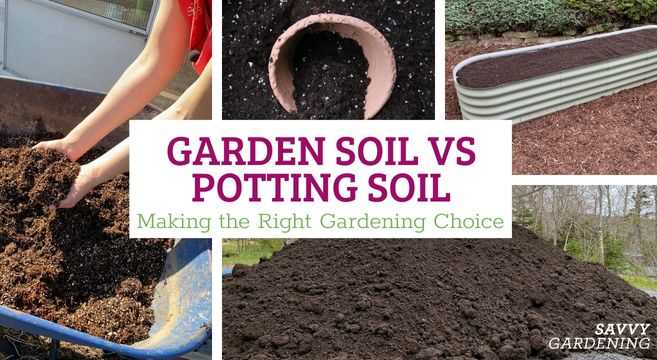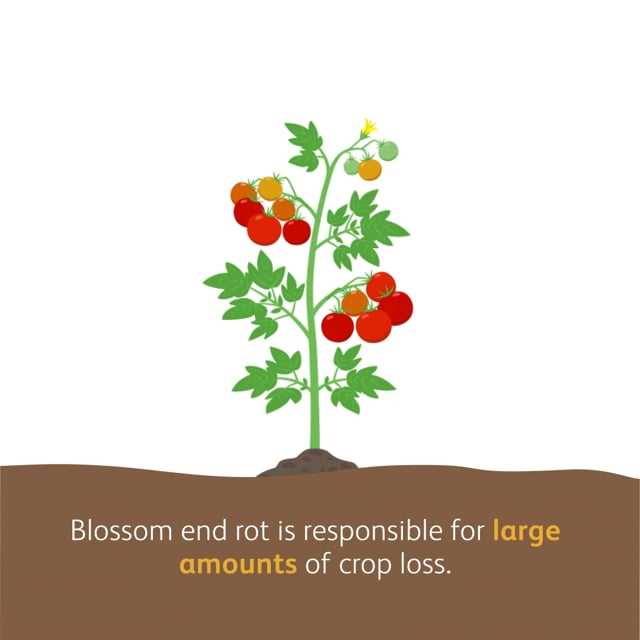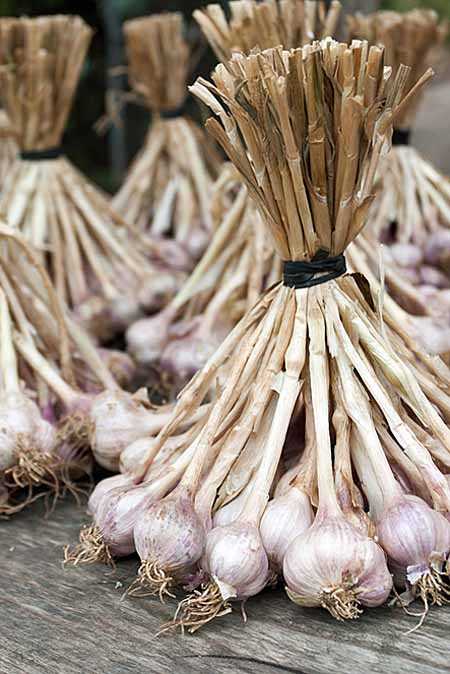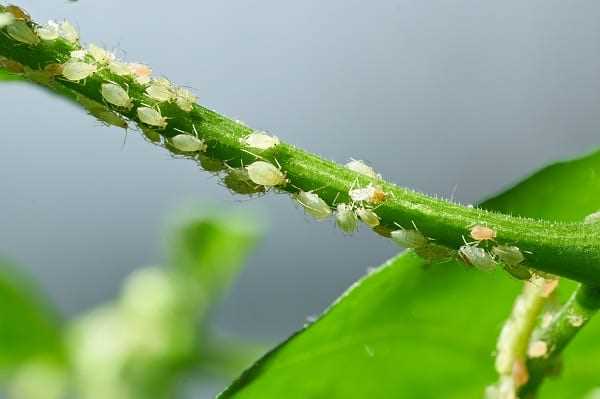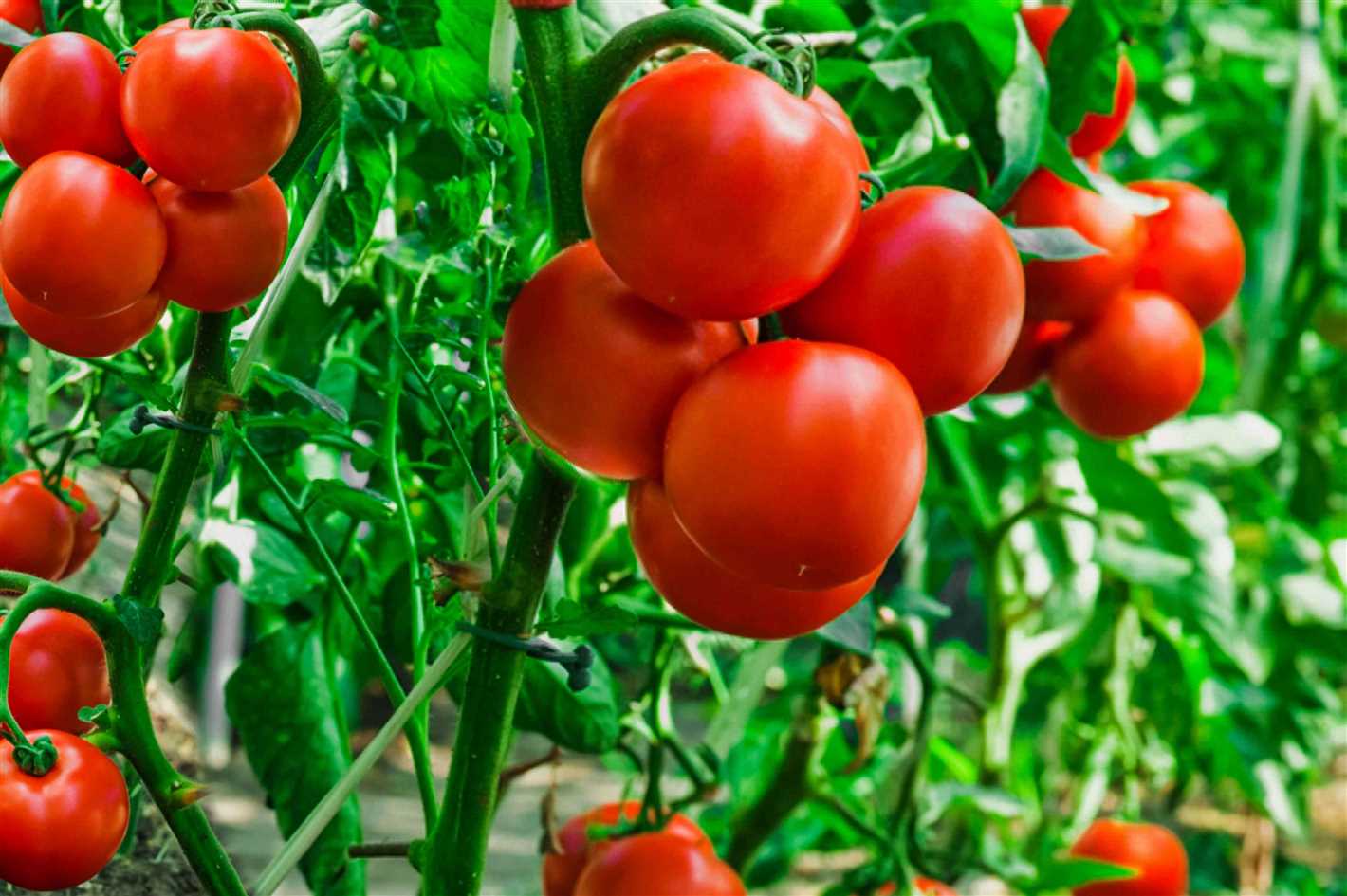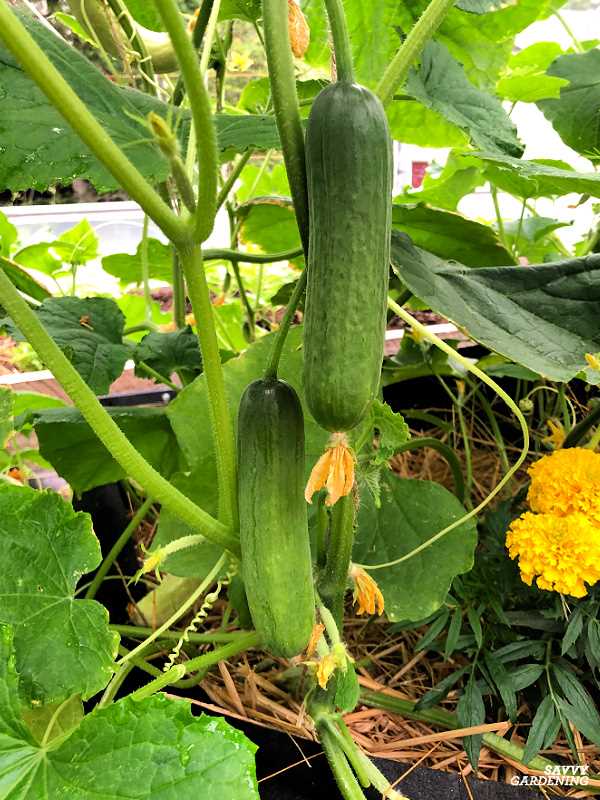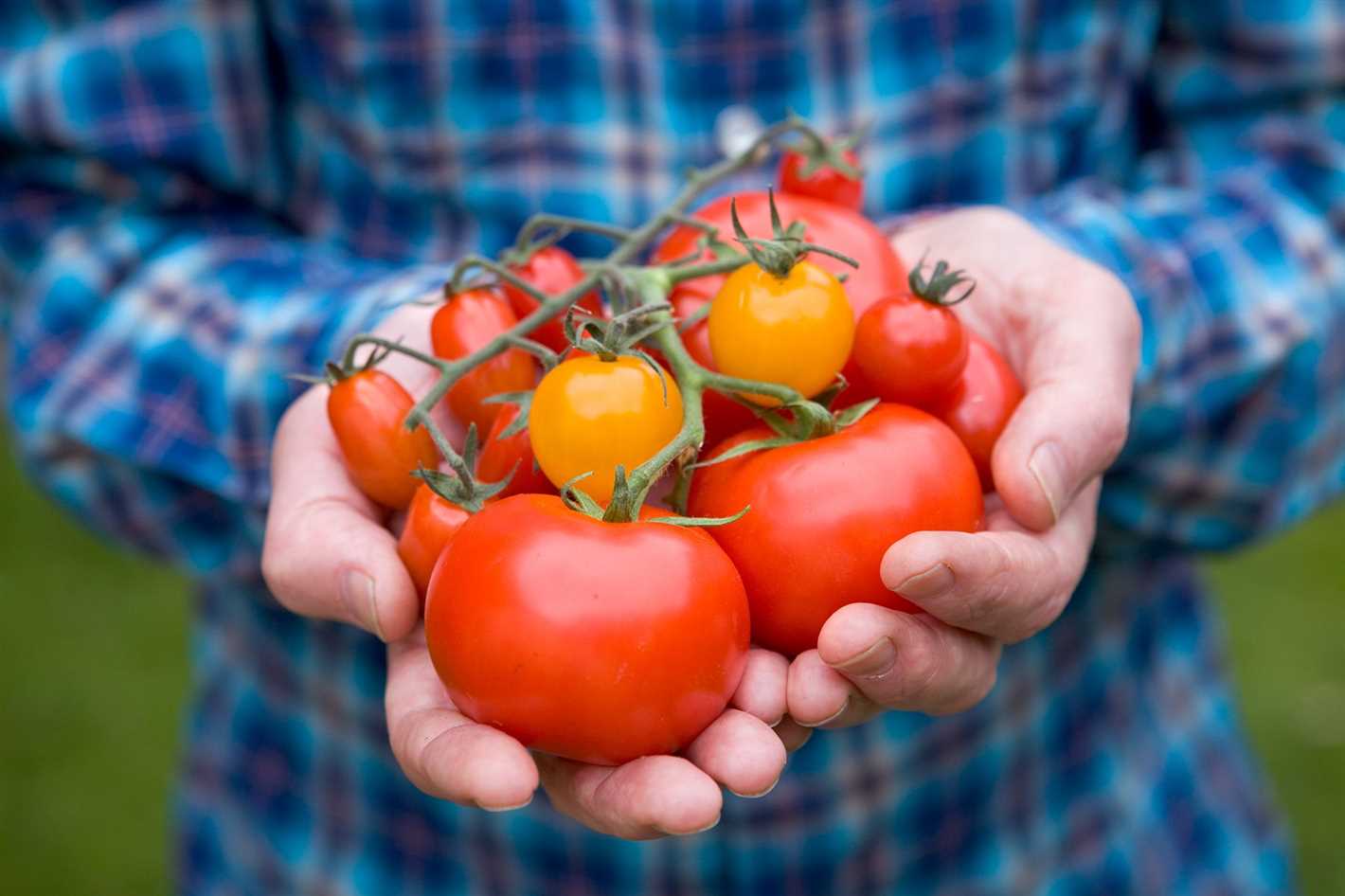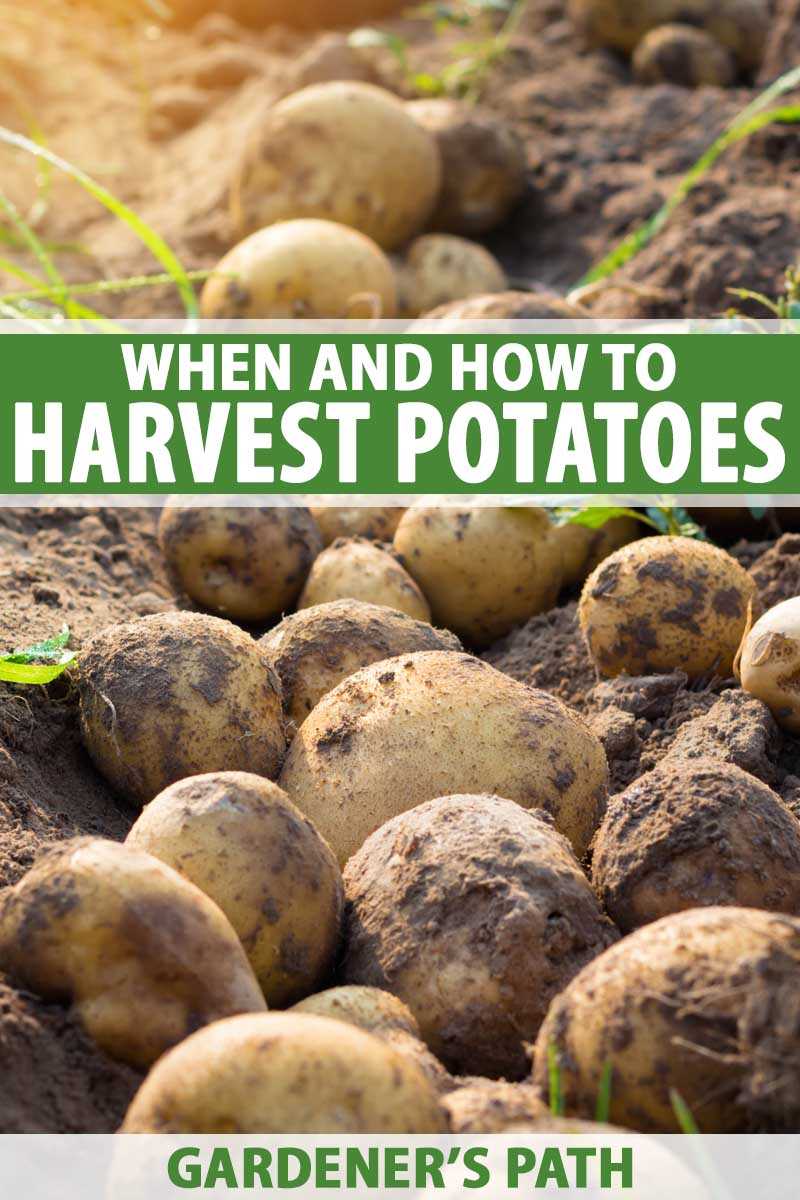- Importance of Composting
- 1. Environmental Benefits
- 2. Waste Reduction and Savings
- 3. Ecosystem Health and Sustainability
- 4. Community Engagement and Education
- Conclusion
- Benefits of Composting
- Harmful Effects of Burning Weeds
- 1. Air Pollution
- 2. Health Risks
- 3. Soil Degradation
- 4. Loss of Biodiversity
- 5. Fire Hazards
- 6. Carbon Footprint
- Steps to Turn Weeds into Compost
- 1. Collect the Weeds
- 2. Remove Seeds and Roots
- 3. Chop or Shred
- 4. Layer with Other Compost Materials
- 5. Turn and Water Regularly
- 6. Monitor Temperature and Moisture
- 7. Wait for Decomposition
- 8. Use the Compost
- Choosing the Right Composting Method
- 1. Backyard Composting
- 2. Vermicomposting
- 3. Hot Composting
- 4. Trench Composting
- 5. Compost Tumbler
- Common Mistakes to Avoid
- 1. Adding Weeds with Seeds
- 2. Not Shredding Weeds
- 3. Adding Weeds that Have Been Treated with Herbicides
- 4. Neglecting to Turn the Compost Pile
- 5. Adding Weeds in Excessive Amounts
- 6. Not Layering the Weeds Properly
- Tips for Composting Weeds Successfully
- 1. Remove Seeds
- 2. Cut or Chop Weeds
- 3. Mix with Other Compost Materials
- 4. Layer Weeds in Compost Pile
- 5. Turn the Compost Pile Regularly
- 6. Monitor Moisture Levels
- 7. Patience is Key
- “Question-Answer”
- Why shouldn’t I burn weeds?
- What is composting?
- How can I turn weeds into compost?
- What are the benefits of composting weeds?
- What are some tips for successful composting of weeds?
- “Video” The Magic of Weeds in Water
When it comes to gardening, one of the most common problems that gardeners face is the issue of weeds. These pesky plants can quickly take over a garden and steal nutrients from the desired plants. Many people’s first instinct is to reach for a can of weed killer and get rid of these unwanted invaders, but there is a better solution: composting.
Composting is the process of breaking down organic materials, such as kitchen scraps and yard waste, into a nutrient-rich soil amendment. Instead of burning weeds and adding harmful chemicals to the environment, consider turning them into compost. By adding weeds to your compost pile, you can recycle their nutrients and benefit your garden in the process.
It’s important to note that not all weeds are suitable for composting. Weeds that have gone to seed or have invasive characteristics should be avoided, as they can spread and cause further problems. However, many common garden weeds, such as dandelions and chickweed, can be safely composted. Just be sure to remove any seeds or roots before adding them to your compost pile.
By composting your weeds, you are not only reducing waste and helping the environment, but you are also creating a valuable resource for your garden. The resulting compost is rich in nutrients, which can improve soil structure, enhance plant growth, and suppress weed growth.
So, the next time you find yourself with a handful of weeds, don’t be so quick to reach for the weed killer. Consider composting them instead. With a little time and effort, you can turn those pesky plants into a valuable resource for your garden, all while reducing waste and helping the environment.
Importance of Composting
Composting is a natural process that involves the decomposition of organic materials such as food scraps, yard waste, and leaves. It is an essential practice for sustainable and efficient waste management. Composting not only helps to reduce the amount of waste that goes into landfills but also offers numerous environmental and practical benefits.
1. Environmental Benefits
By composting, we can significantly reduce the amount of organic waste that ends up in landfills. When organic materials break down in landfills, they produce methane, a potent greenhouse gas that contributes to climate change. Composting prevents this methane release and helps to mitigate global warming.
Composting also enriches the soil and improves its quality. The compost created through this process can be used as a natural fertilizer, reducing the need for synthetic fertilizers that can harm the environment. Additionally, compost enhances soil structure, water retention, and nutrient content, leading to healthier plants and increased biodiversity.
2. Waste Reduction and Savings
Composting is an effective way to reduce the amount of waste that goes to landfills. By diverting organic waste from garbage bins, we can reduce the overall waste volume and prolong the lifespan of landfills. This helps to conserve valuable landfill space and save the costs associated with waste disposal and management.
Furthermore, composting can lead to financial savings for individuals and municipalities. By producing nutrient-rich compost, gardeners can eliminate or drastically reduce the need to purchase chemical fertilizers. Municipalities can also save money on waste collection and disposal, as the volume of organic waste decreases.
3. Ecosystem Health and Sustainability
Composting supports the health and sustainability of ecosystems. The use of compost promotes natural nutrient cycling, reduces soil erosion, and improves soil moisture retention. It also reduces the need for harmful pesticides and herbicides, thus minimizing the negative impacts on biodiversity and wildlife.
Additionally, composting contributes to the circular economy by closing the nutrient loop. Instead of wasting valuable organic matter, composting allows it to be recycled back into the soil, supporting the growth of new plants and completing the natural nutrient cycle.
4. Community Engagement and Education
Composting provides an opportunity for community engagement and education. By promoting composting practices, communities can encourage individuals to become more aware of their waste generation and disposal habits. This can lead to a greater understanding of the environmental impacts of waste and foster a sense of responsibility towards sustainable waste management practices.
Moreover, composting can be used as an educational tool in schools and community programs. Teaching children and adults about the benefits of composting can spark interest in environmental stewardship and encourage the adoption of sustainable practices beyond composting.
Conclusion
Composting is a valuable practice that offers numerous benefits for the environment, waste management, ecosystems, and community engagement. By composting organic materials, we can contribute to a more sustainable and resilient future, minimizing waste, protecting the environment, and nurturing healthy soils for generations to come.
Benefits of Composting
- Reduces waste: Composting allows you to divert organic material from landfill, reducing the amount of waste you produce.
- Saves money: By composting your own organic waste, you can save money on buying commercial fertilizers and soil amendments.
- Improves soil health: Compost is packed with nutrients and beneficial microorganisms that improve soil structure and fertility.
- Enhances plant growth: When added to the soil, compost releases nutrients slowly, providing a continuous supply of nutrition to plants.
- Reduces soil erosion: The organic matter in compost helps to bind soil particles together, reducing the risk of erosion from wind and water.
- Conserves water: Compost improves soil’s ability to retain moisture, reducing the need for irrigation.
- Suppresses plant diseases: The beneficial microorganisms in compost can help suppress harmful pathogens and promote a healthier plant environment.
- Reduces greenhouse gas emissions: Composting organic waste instead of sending it to a landfill reduces the production of methane, a potent greenhouse gas.
- Promotes sustainability: Composting is a sustainable way to manage organic waste and close the nutrient loop.
Composting is an environmentally friendly practice that offers a range of benefits, both for your garden and the planet. By turning your weeds and other organic waste into rich compost, you can make a positive impact on the environment and improve the health and fertility of your soil.
Harmful Effects of Burning Weeds
Burning weeds may seem like a quick and effective way to get rid of them, but it has several harmful effects on the environment and human health.
1. Air Pollution
When weeds are burned, they release harmful pollutants into the air. These pollutants include carbon dioxide (CO2), carbon monoxide (CO), nitrogen oxides (NOx), sulfur dioxide (SO2), and volatile organic compounds (VOCs). These emissions contribute to air pollution and can have negative impacts on air quality, especially in densely populated areas.
2. Health Risks
Exposure to the smoke produced by burning weeds can cause respiratory problems, especially for people with asthma, allergies, or other pre-existing respiratory conditions. The released pollutants, such as fine particulate matter (PM2.5), can penetrate deep into the lungs and cause irritation and inflammation.
3. Soil Degradation
Burning weeds eliminates the organic matter they contain, which is essential for maintaining soil health and fertility. The nutrients and organic compounds present in weeds are beneficial for the soil microbiota and contribute to its overall health. Burning them removes these valuable components and disrupts the natural nutrient cycle.
4. Loss of Biodiversity
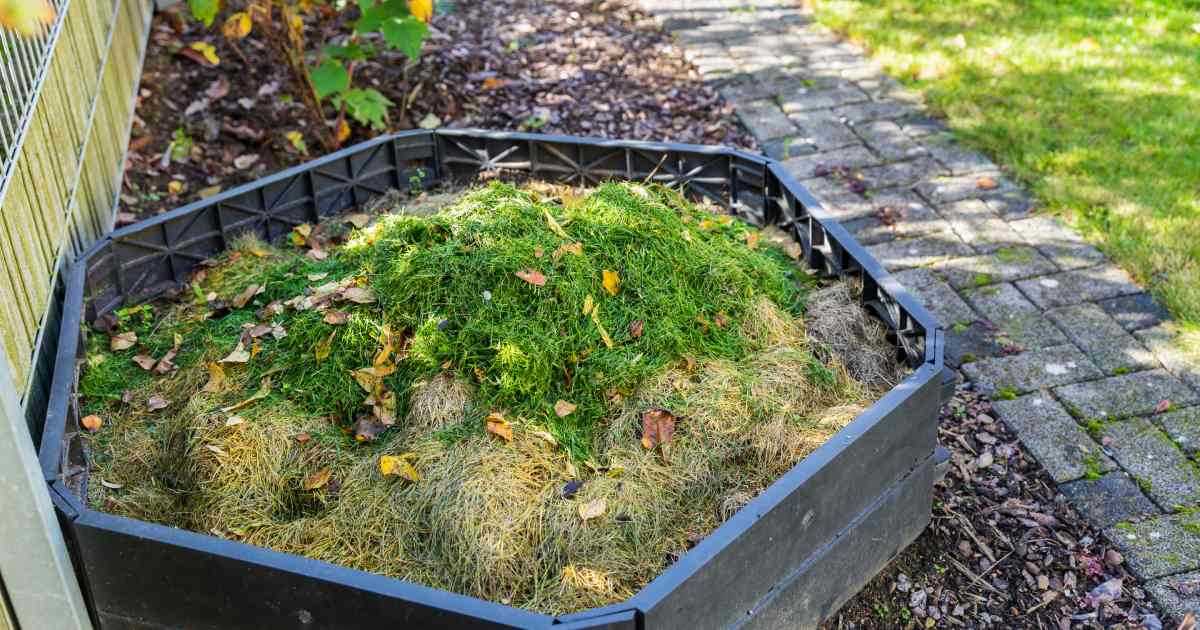
By burning weeds, you also destroy the habitat and food sources for many beneficial insects and organisms. Weeds provide shelter and food for a variety of wildlife, including bees, butterflies, and birds. Burning them disrupts this ecosystem balance and can lead to a decline in biodiversity.
5. Fire Hazards
Uncontrolled burning of weeds can lead to accidental fires, especially during dry and windy conditions. These fires can quickly spread and cause damage to property, wildlife habitats, and even pose a threat to human lives. It is important to be cautious and follow proper guidelines when conducting controlled burns.
6. Carbon Footprint
Burning weeds contributes to the release of greenhouse gases, such as CO2, which contribute to climate change. The combustion process releases carbon that was previously sequestered in the organic matter of the weeds. Choosing alternative methods of weed control, such as composting, can help reduce your carbon footprint.
Overall, burning weeds may seem like a quick fix, but it has numerous harmful effects on the environment and human health. It is important to explore sustainable and eco-friendly methods like composting to manage weeds effectively while minimizing the negative impacts.
Steps to Turn Weeds into Compost
Turning weeds into compost not only helps to manage them in your garden, but also provides a valuable source of nutrients for your plants. Follow these steps to turn weeds into rich compost:
1. Collect the Weeds
Start by collecting the weeds from your garden. Be sure to wear gloves to protect your hands from any thorns or irritants. Focus on gathering only the weeds that have not yet gone to seed, as you don’t want these seeds to spread in your compost.
2. Remove Seeds and Roots
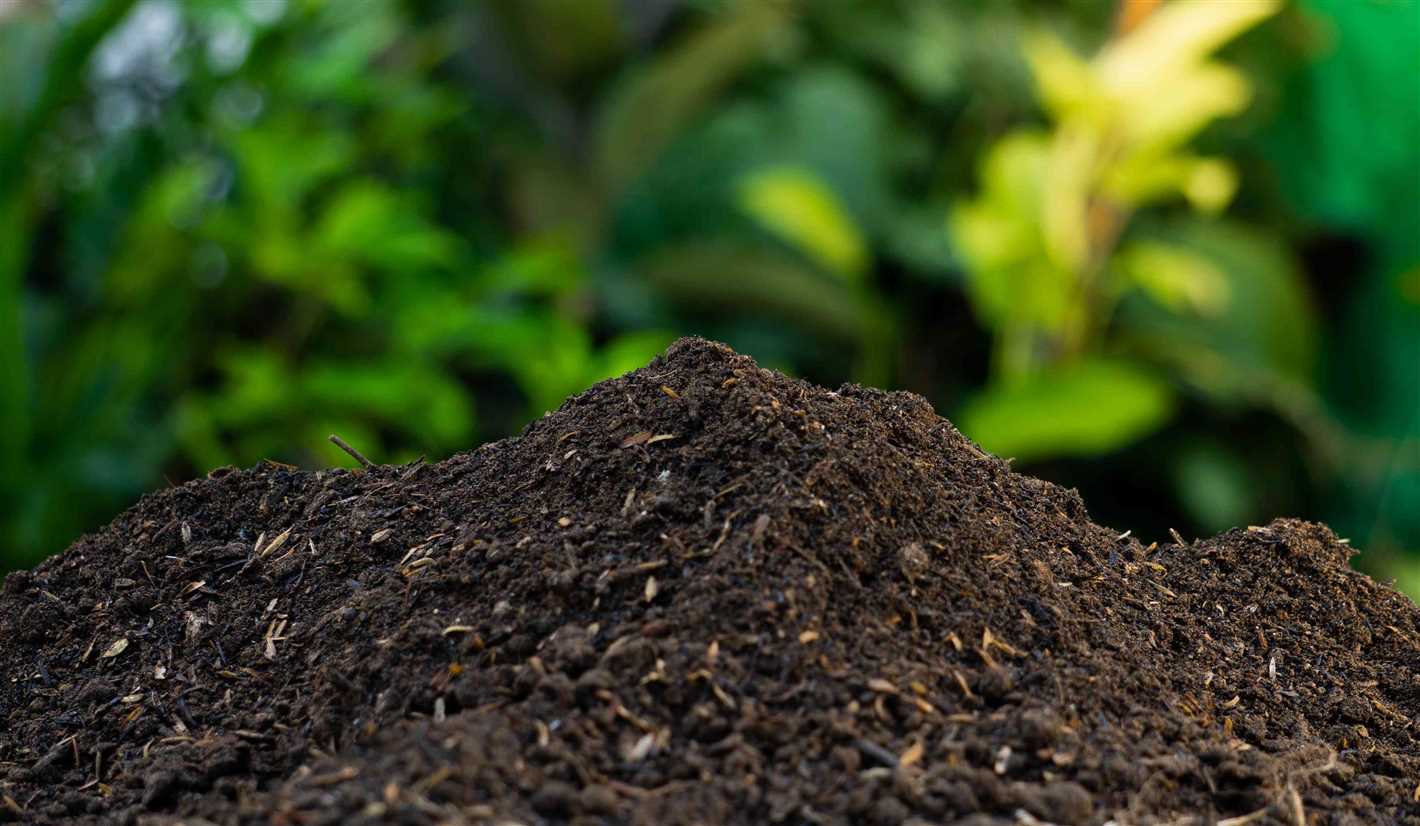
Before adding the weeds to your compost pile, it’s important to remove any seeds and roots. This will prevent the weeds from sprouting again once you use the compost in your garden. You can either manually pick out the seeds and roots or place the weeds in a bucket of water to loosen them.
3. Chop or Shred
Next, chop or shred the collected weeds into smaller pieces. This will speed up the decomposition process and make it easier for the microorganisms in your compost pile to break them down. Using a garden shredder or simply cutting the weeds with pruners or shears will do the job.
4. Layer with Other Compost Materials
Layer the shredded weeds with other compost materials to create a balance of carbon-rich (browns) and nitrogen-rich (greens) materials. Browns can include items like dry leaves, straw, or shredded newspaper, while greens can include kitchen scraps or fresh grass clippings. Alternate layers of greens and browns to create a well-balanced compost pile.
5. Turn and Water Regularly
To speed up the decomposition process, it’s important to turn your compost pile regularly. Use a pitchfork or shovel to mix the materials and ensure proper aeration. Additionally, make sure to water your compost pile regularly, keeping it moist but not overly wet. This will help the microorganisms break down the organic matter effectively.
6. Monitor Temperature and Moisture
Monitor the temperature and moisture levels of your compost pile. The ideal temperature for composting is between 120°F (49°C) and 150°F (65°C). If your compost pile is not reaching these temperatures, you may need to adjust the carbon-to-nitrogen ratio or add more greens to heat it up. If it becomes too hot, you can add more browns to cool it down. Additionally, ensure that your compost pile remains moist but not waterlogged.
7. Wait for Decomposition
Composting weeds takes time, so be patient and allow the decomposition process to occur. Depending on the conditions and the types of weeds you have, it can take anywhere from a few months to a year for the compost to be fully broken down and ready to use.
8. Use the Compost
Once the weeds have fully decomposed, the resulting compost can be used to enrich your garden soil or as a top dressing for your plants. Apply it around your plants or dig it into the soil to improve its fertility, structure, and water-holding capacity.
By following these steps, you can turn your garden weeds into nutrient-rich compost, helping to reduce waste in your garden and improve the health of your plants.
Choosing the Right Composting Method
Composting is a great way to turn organic waste, such as weeds, into nutrient-rich soil for your garden. There are several different composting methods to choose from, each with its own advantages and considerations.
1. Backyard Composting
Backyard composting is the most common and accessible method for home gardeners. It involves creating a pile or bin in your yard where organic waste can decompose. A mixture of green materials (such as fresh weeds) and brown materials (such as dried leaves) is layered and periodically turned to facilitate decomposition. Backyard composting is a simple and cost-effective way to create compost, but it can take several months to a year for the material to fully break down.
2. Vermicomposting
Vermicomposting uses worms to expedite the decomposition process. Red wigglers are commonly used for this method as they thrive in organic waste. A worm bin is set up with bedding material, such as shredded newspaper, and the worms are introduced. The organic waste, including weeds, is added regularly to the bin. The worms then consume the waste and produce nutrient-rich castings (worm poop). Vermicomposting is faster than backyard composting and is well-suited for smaller spaces, but it requires careful management of moisture and temperature to maintain the health of the worms.
3. Hot Composting
Hot composting is a more intensive method that relies on high temperatures to break down organic waste quickly. In this method, a large pile of organic material is built and carefully managed to ensure proper aeration and moisture levels. The pile can reach temperatures of 120-170°F (49-77°C), which kills weed seeds and pathogens. However, hot composting requires more effort and monitoring, and it may not be feasible for every home gardener.
4. Trench Composting
Trench composting involves burying the organic waste directly in the garden beds. Weeds, along with other organic matter, are buried in trenches dug throughout the garden. This method allows the composting process to occur in place, enriching the soil directly where the plants are growing. Trench composting is a good option for individuals with limited space or those who want to avoid building a separate compost pile. However, it may not be suitable for all soil types or during certain seasons.
5. Compost Tumbler
A compost tumbler is a container that can be turned to mix and aerate the compost. It provides a convenient way to compost without the need for manual turning or digging. You can add weeds and other organic waste to the tumbler, and then regularly rotate it to facilitate decomposition. Compost tumblers are a good option for individuals who prefer a more contained and organized composting method. They can produce compost faster than backyard composting, but they may be more expensive to purchase or build.
No matter which composting method you choose, turning weeds into rich compost is a sustainable and beneficial way to manage your organic waste and enhance your garden’s soil fertility.
Common Mistakes to Avoid
When it comes to turning weeds into rich compost, there are a few common mistakes that you should avoid. By being aware of these mistakes, you can ensure that your composting process is effective and efficient.
1. Adding Weeds with Seeds
One of the biggest mistakes you can make is adding weeds to your compost pile that have seeds. If you add weeds that have seeds, the seeds can survive the composting process and end up sprouting in your garden when you spread the compost. To prevent this, make sure to remove any weeds with mature seeds before adding them to your compost pile.
2. Not Shredding Weeds
Another mistake is not shredding or breaking down the weeds before adding them to your compost pile. Weeds that are left whole or in large pieces can take longer to decompose and may not break down completely. By shredding or cutting the weeds into smaller pieces, you can speed up the decomposition process and ensure that all parts of the weeds break down properly.
3. Adding Weeds that Have Been Treated with Herbicides
If you have used herbicides or weed killers on your garden, it is important to avoid adding those treated weeds to your compost pile. Herbicides can persist in the environment and may negatively affect the microbial activity in your compost pile. It is best to only add untreated weeds to your compost to ensure the health of the composting process.
4. Neglecting to Turn the Compost Pile
A common mistake is neglecting to turn the compost pile regularly. Turning the pile helps to aerate it and speed up the decomposition process. Without regular turning, the compost pile can become compacted and anaerobic, resulting in slower decomposition and potential odor issues. Aim to turn your compost pile at least once a week to maintain optimal conditions.
5. Adding Weeds in Excessive Amounts
While it is beneficial to add weeds to your compost pile, it is essential not to add them in excessive amounts. Weeds contain a high level of moisture, and an overly wet compost pile can become a breeding ground for anaerobic bacteria. Mix your weeds in with other compost materials such as dry leaves or shredded paper to maintain the right balance of moisture in your compost pile.
6. Not Layering the Weeds Properly
Lastly, not layering the weeds properly in your compost pile can lead to issues. It is important to alternate the layers of weeds with other compost materials, such as kitchen scraps, grass clippings, and dry leaves. This layering helps promote proper decomposition and airflow within the pile.
By avoiding these common mistakes, you can successfully turn weeds into rich compost for your garden. Composting weeds is a sustainable practice that not only helps reduce waste but also provides nutrient-rich soil for your plants.
Tips for Composting Weeds Successfully
Composting weeds can be a great way to turn a nuisance into a valuable resource for your garden. Follow these tips to successfully compost weeds:
1. Remove Seeds
Before adding weeds to your compost pile, make sure to remove any seeds. Weeds that have gone to seed can spread and cause more problems in your garden. Throw the seeds away or burn them to prevent them from germinating.
2. Cut or Chop Weeds
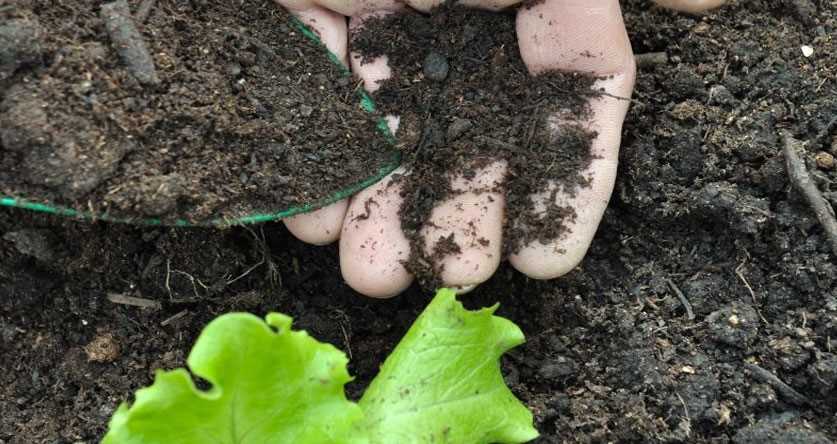
Breaking down weeds into smaller pieces will help speed up the composting process. Use a pair of garden shears or a lawn mower to cut or chop the weeds into smaller lengths. This will increase the surface area and allow for faster decomposition.
3. Mix with Other Compost Materials
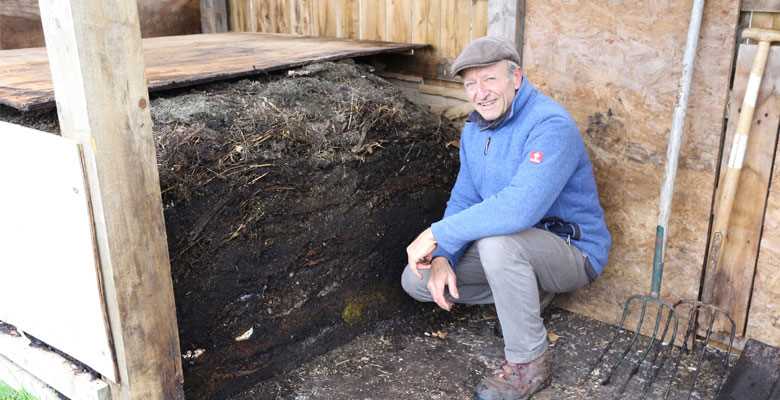
It’s important to mix weeds with other compost materials to achieve a balanced compost pile. Add a variety of organic materials such as grass clippings, leaves, kitchen scraps, and shredded paper. This will provide a mixture of carbon-rich and nitrogen-rich materials, which are essential for composting.
4. Layer Weeds in Compost Pile
When adding weeds to your compost pile, it’s best to layer them with other organic materials. Alternate layers of weeds with layers of other compost materials. This will promote better airflow and prevent the pile from becoming too compacted.
5. Turn the Compost Pile Regularly
Turning the compost pile regularly will help speed up the decomposition process and ensure that the weeds are evenly mixed with other materials. Use a pitchfork or a compost turning tool to aerate the pile and mix the contents. This will distribute the heat and moisture throughout the pile, encouraging faster breakdown of the weeds.
6. Monitor Moisture Levels
Keep an eye on the moisture levels of your compost pile. Weeds can be quite moisture-rich, so it’s important to ensure that the pile doesn’t become too wet. If the pile is overly wet, add dry carbon-rich materials like dried leaves or shredded paper. Conversely, if the pile is too dry, water it lightly.
7. Patience is Key
Composting weeds can take time, so be patient. It may take several months for the weeds to break down completely and turn into rich compost. However, with regular maintenance and proper care, you will be rewarded with nutrient-rich compost that can be used to improve the health and fertility of your garden soil.
By following these tips, you can successfully compost weeds and transform them into valuable compost for your garden. Remember to always be mindful of the types of weeds you compost, as some may be invasive and should be discarded instead.
“Question-Answer”
Why shouldn’t I burn weeds?
Burning weeds releases harmful pollutants into the air and contributes to air pollution. Instead, you can turn them into compost, which is not only beneficial for your garden but also for the environment.
What is composting?
Composting is a natural process of decomposing organic materials, such as plant waste, into a rich nutrient-filled soil amendment. It involves creating the right conditions for microorganisms to break down the organic matter over time.
How can I turn weeds into compost?
To turn weeds into compost, you can gather them in a compost bin or pile and mix them with other compostable materials, such as kitchen scraps or dry leaves. Make sure to shred the weeds and mix them well to accelerate the decomposition process. Regularly turning the compost heap will help speed up the breakdown of the materials.
What are the benefits of composting weeds?
Composting weeds instead of burning them has several benefits. Firstly, it helps reduce air pollution by avoiding the release of harmful pollutants. Secondly, it creates nutrient-rich compost that can be used to improve soil health and fertility in your garden. Lastly, it reduces waste by repurposing organic materials that would otherwise be discarded.
What are some tips for successful composting of weeds?
For successful composting of weeds, it’s essential to properly manage the compost pile. Here are a few tips: 1) Shred the weeds before adding them to the compost pile to speed up decomposition. 2) Mix them well with other compostable materials to provide a balanced mix of carbon and nitrogen. 3) Regularly turn the compost to ensure proper aeration and even breakdown of the materials. 4) Keep the compost pile moist but not waterlogged. And 5) be patient, as composting takes time, usually several months to a year.
